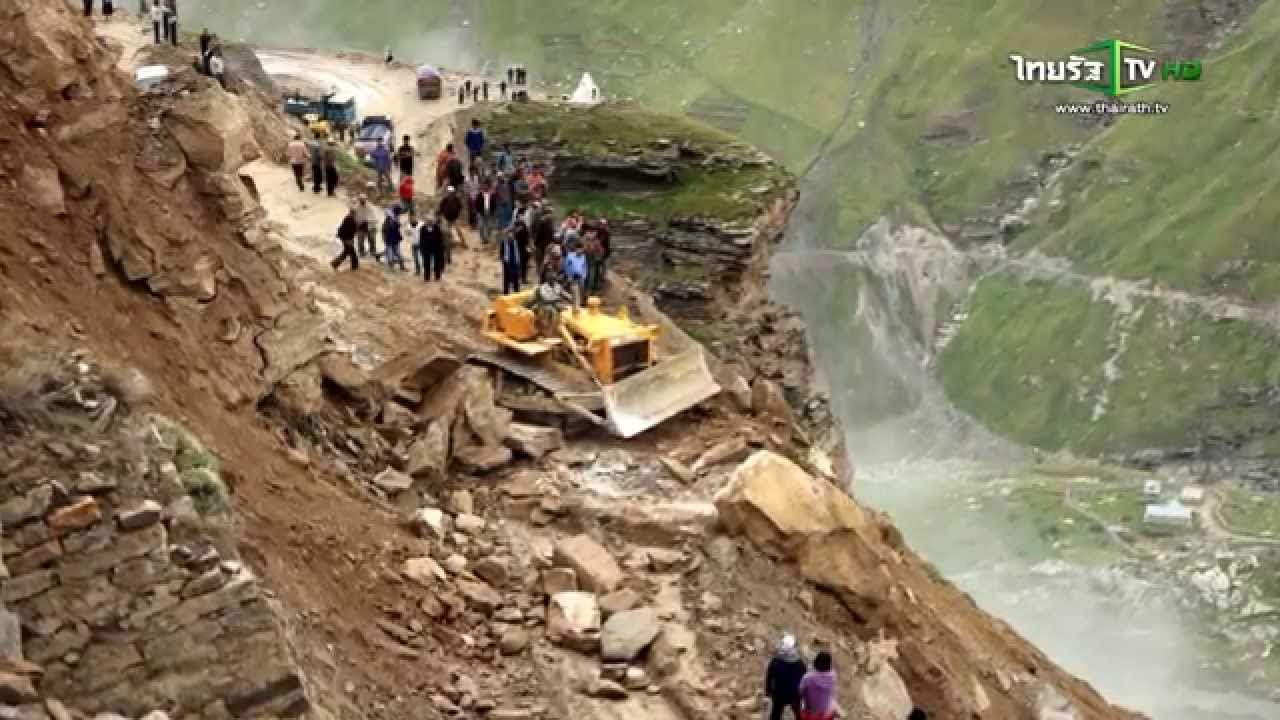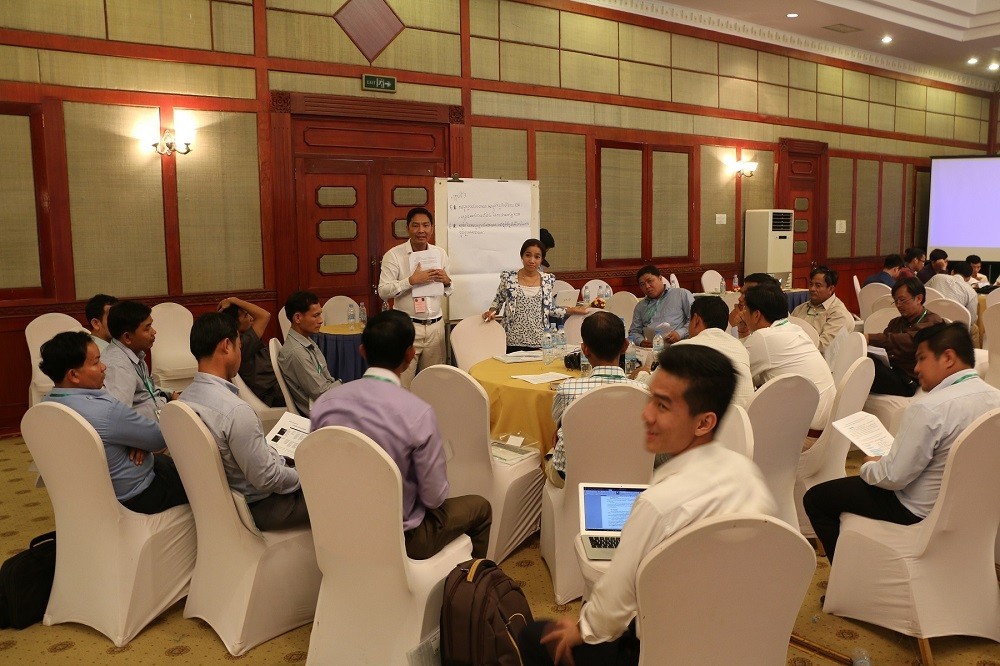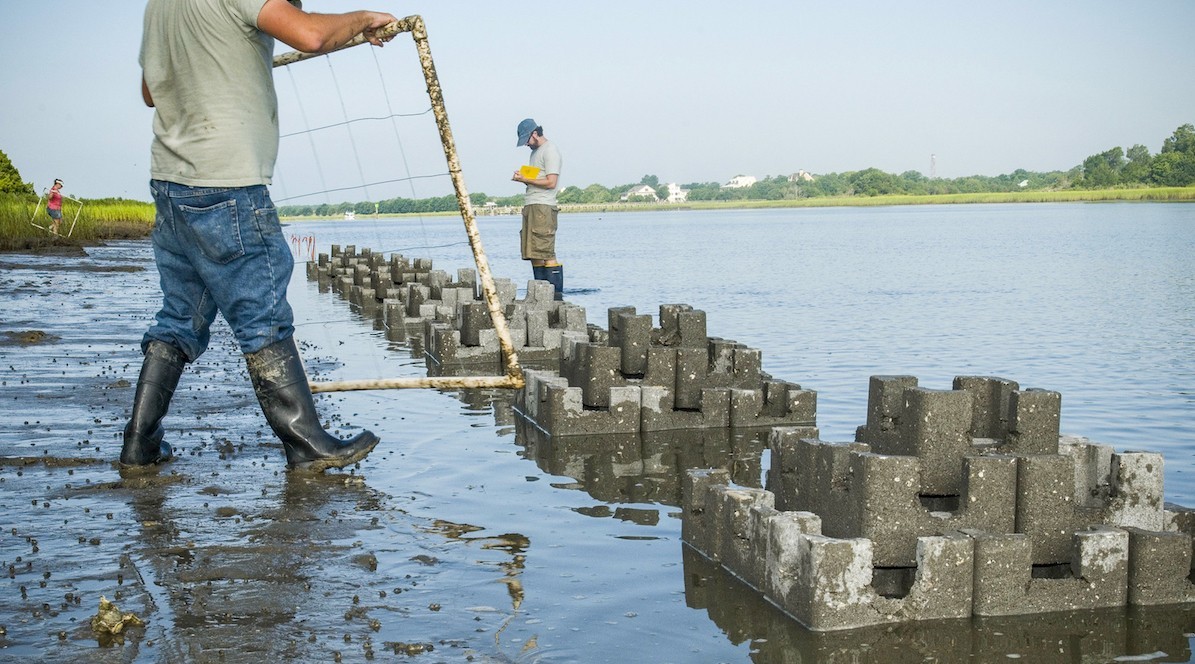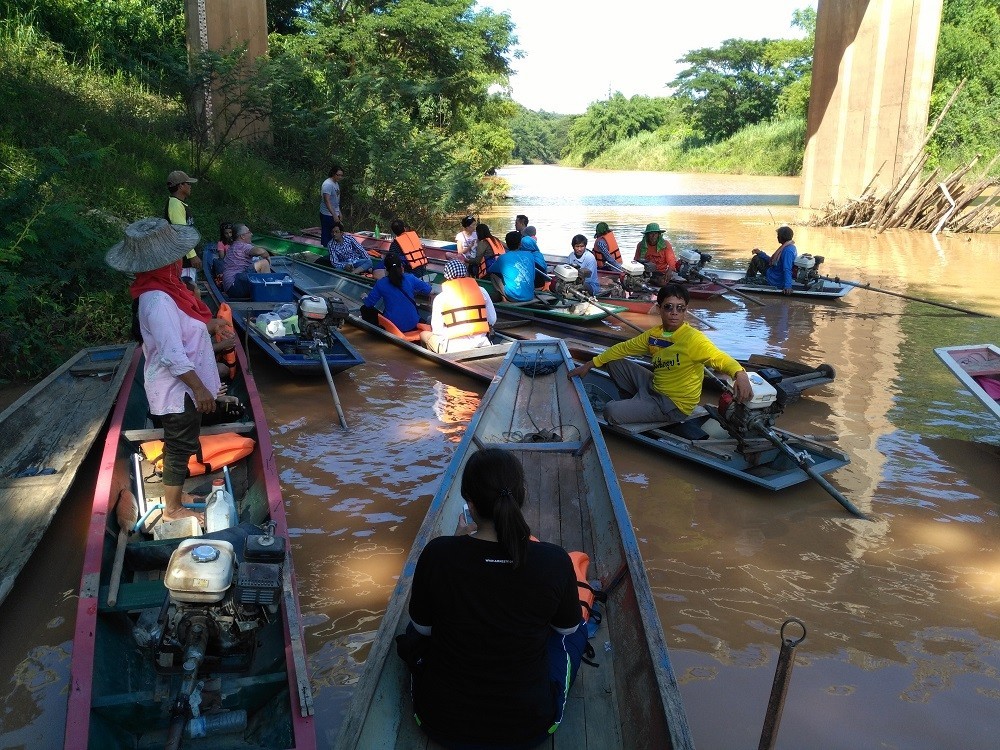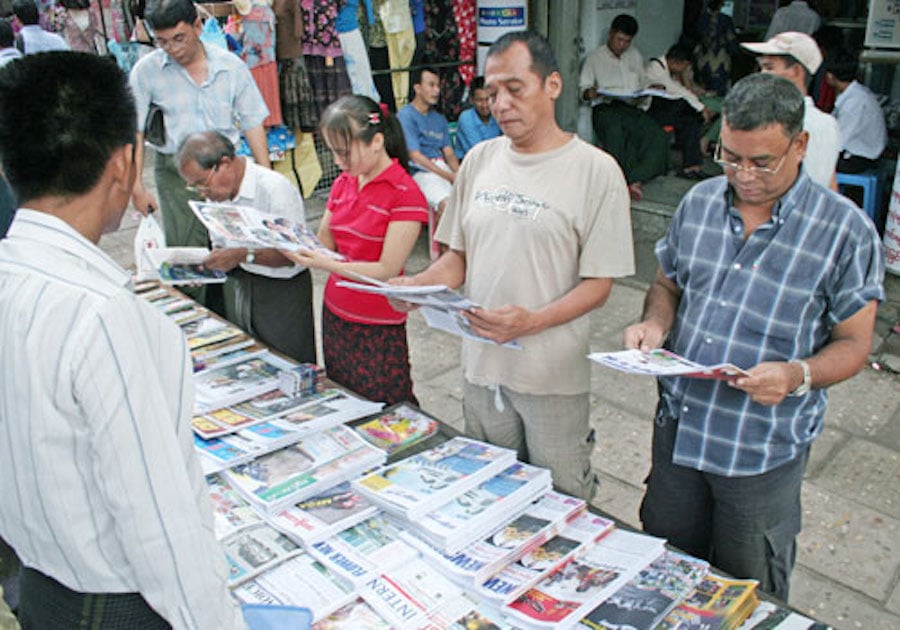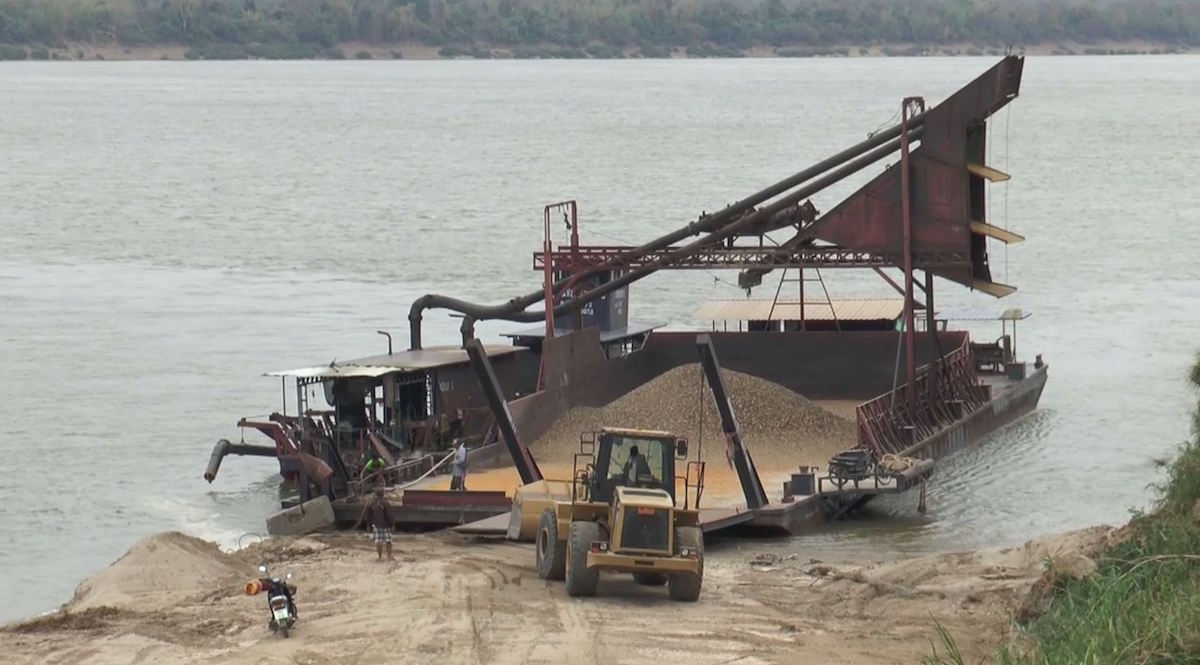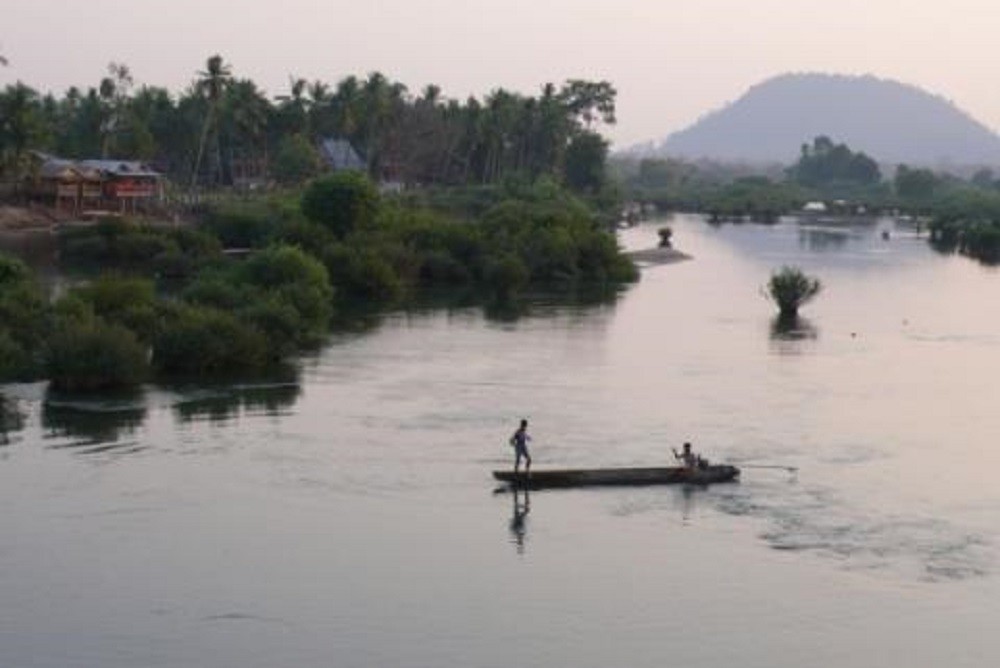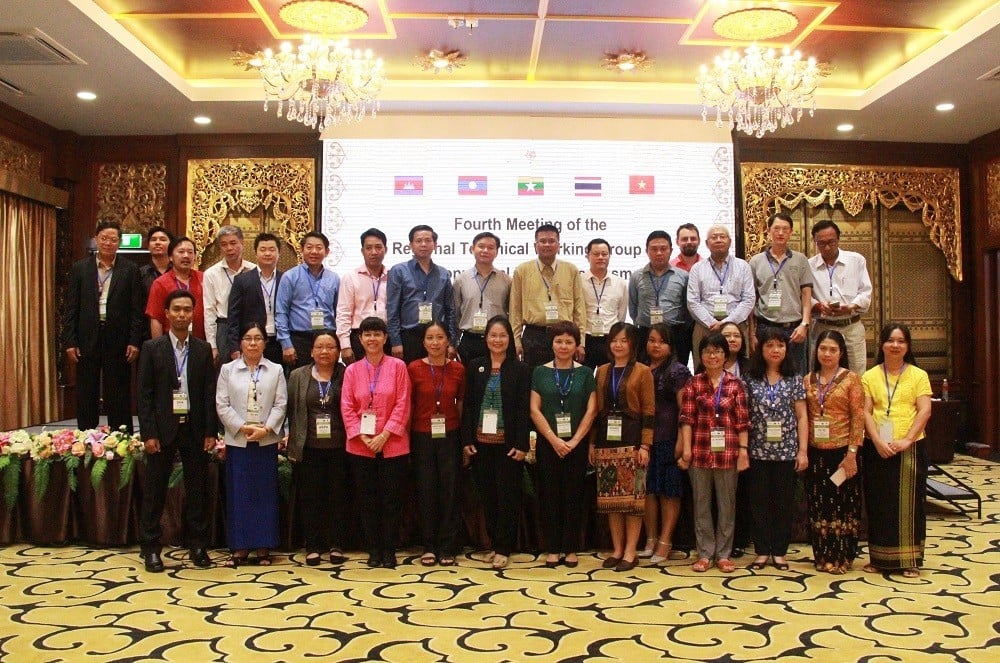Myanmar’s new government has announced ground-breaking reforms to its $31bn (£23.7bn) jade industry in a move campaigners claim could signal “a new era of fundamental change” in a business long dominated by abuse, corruption and cronyism.
The decision to freeze any renewals of existing jade permits, and to suspend the licensing of new ones, follows a series of deadly landslides in resource-rich Kachin state, widespread protests against lack of regulations, and extensive NGO and media reports exposing social and environmental abuses in Myanmar’s jade trade.


